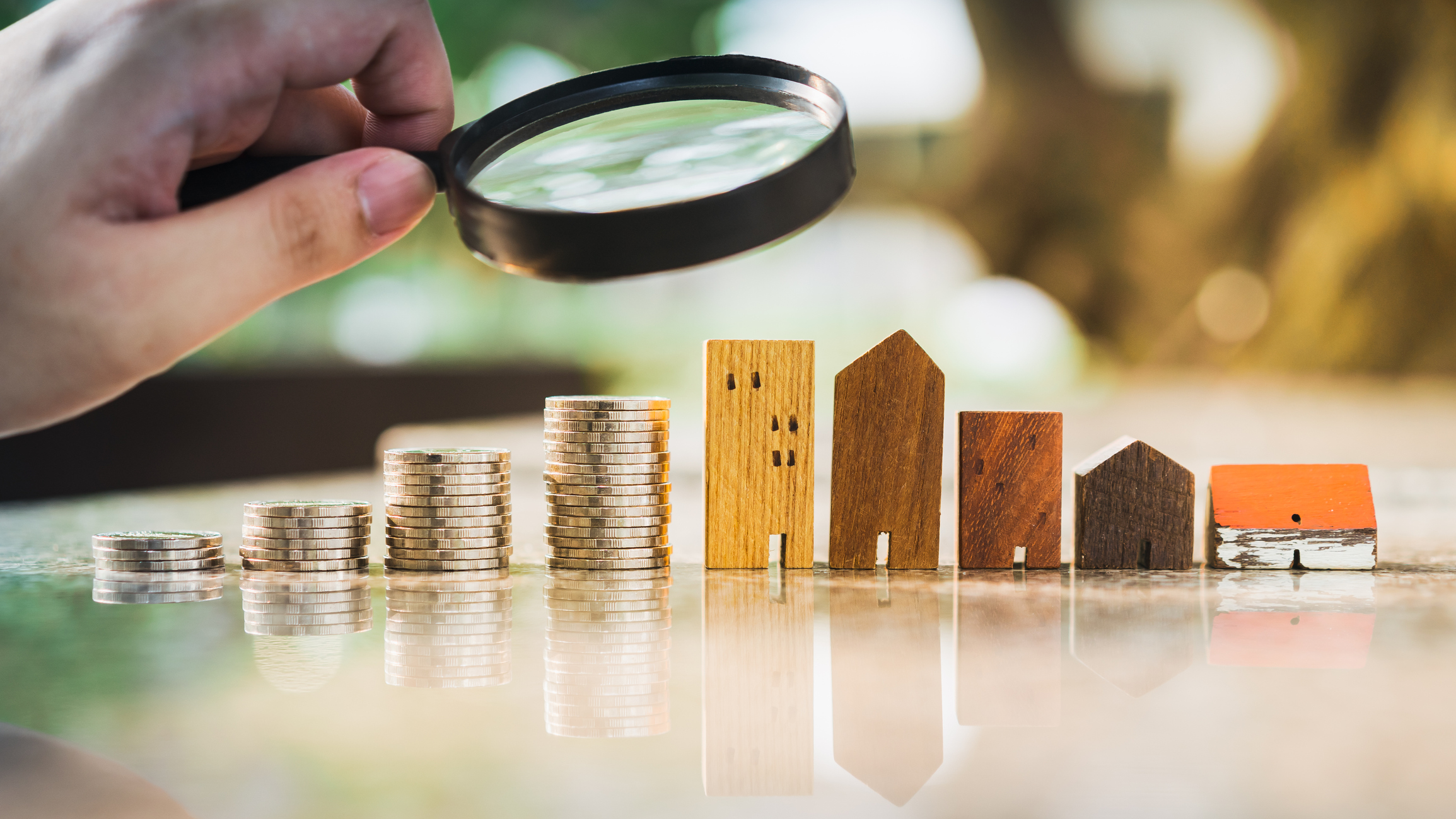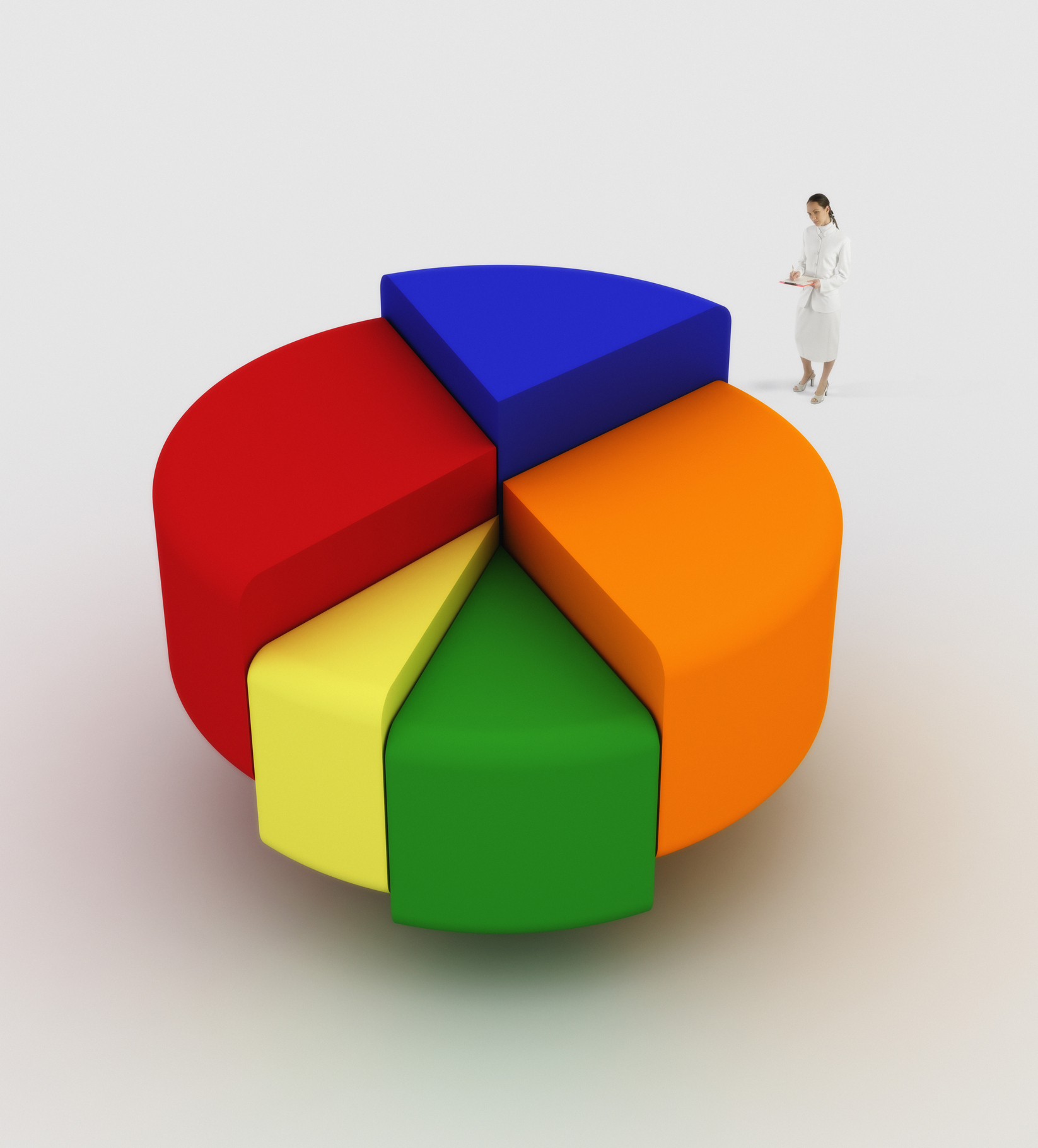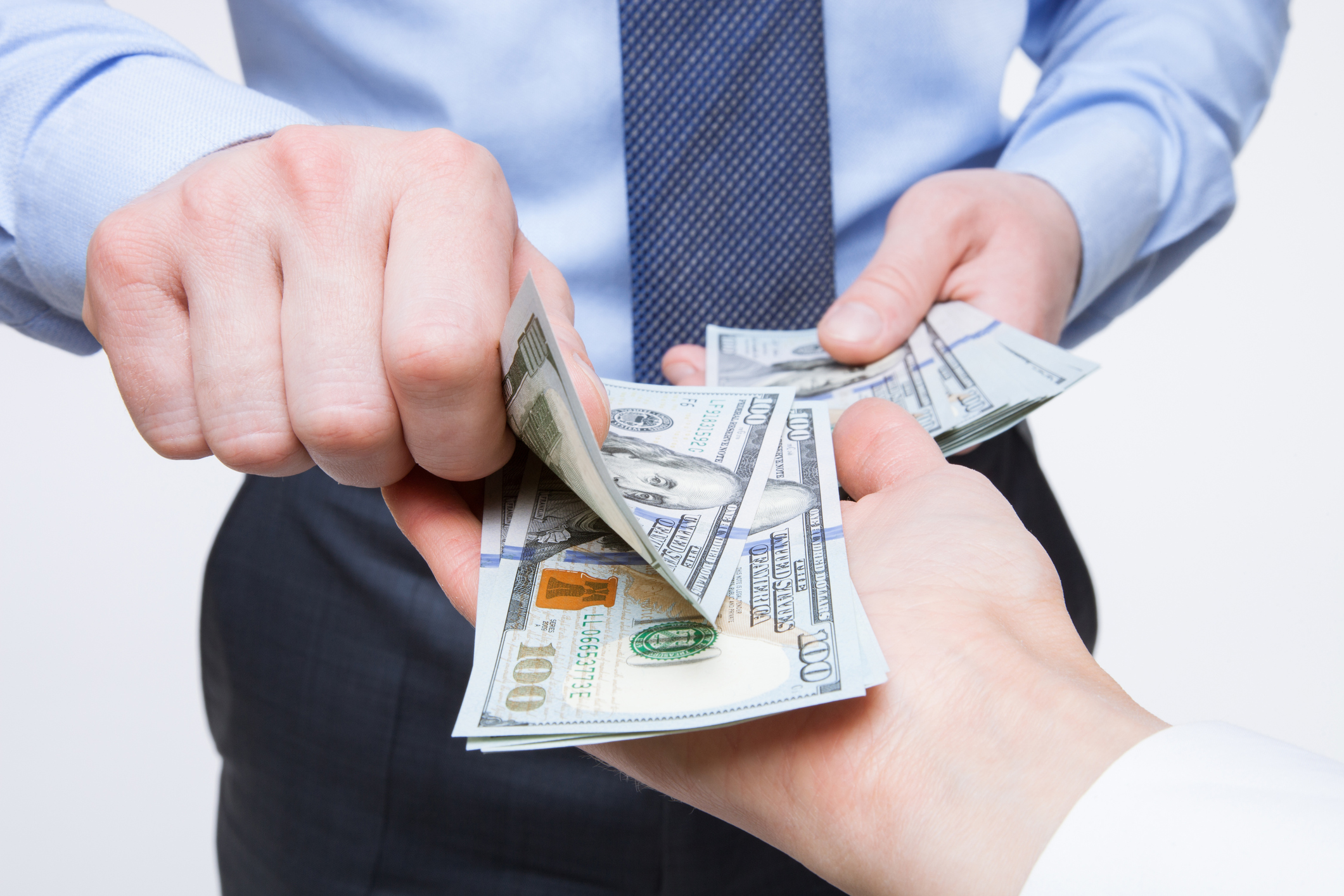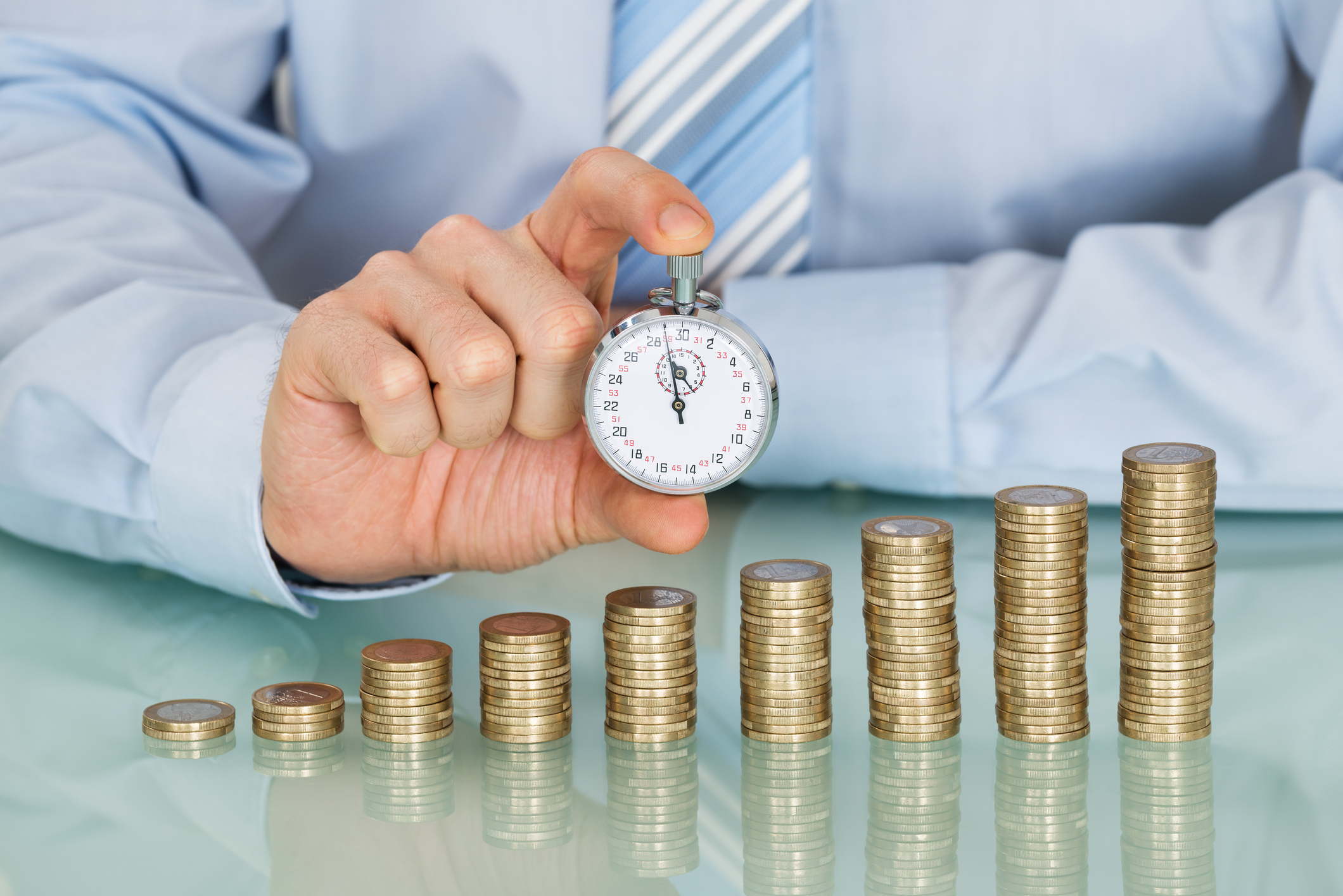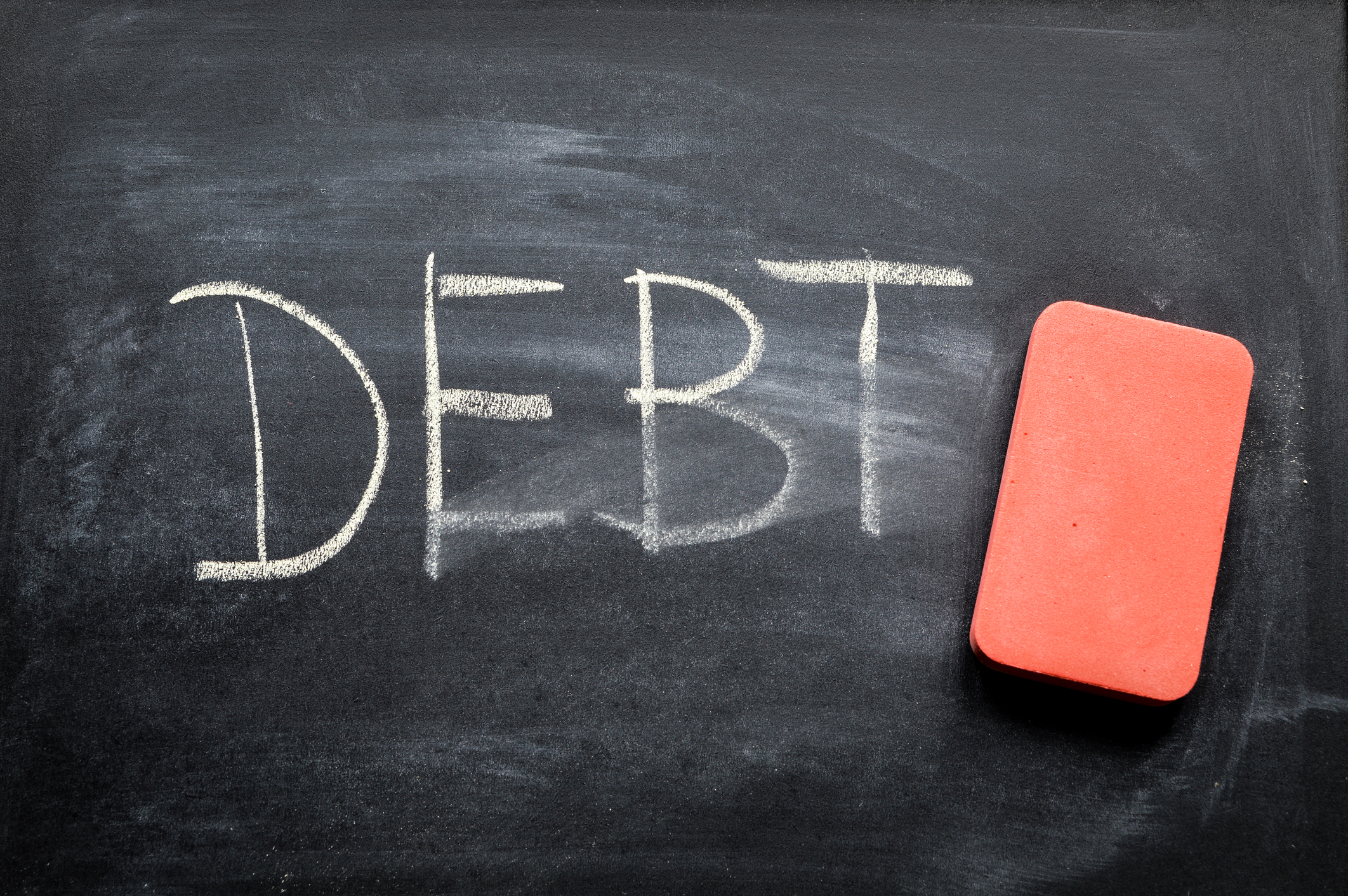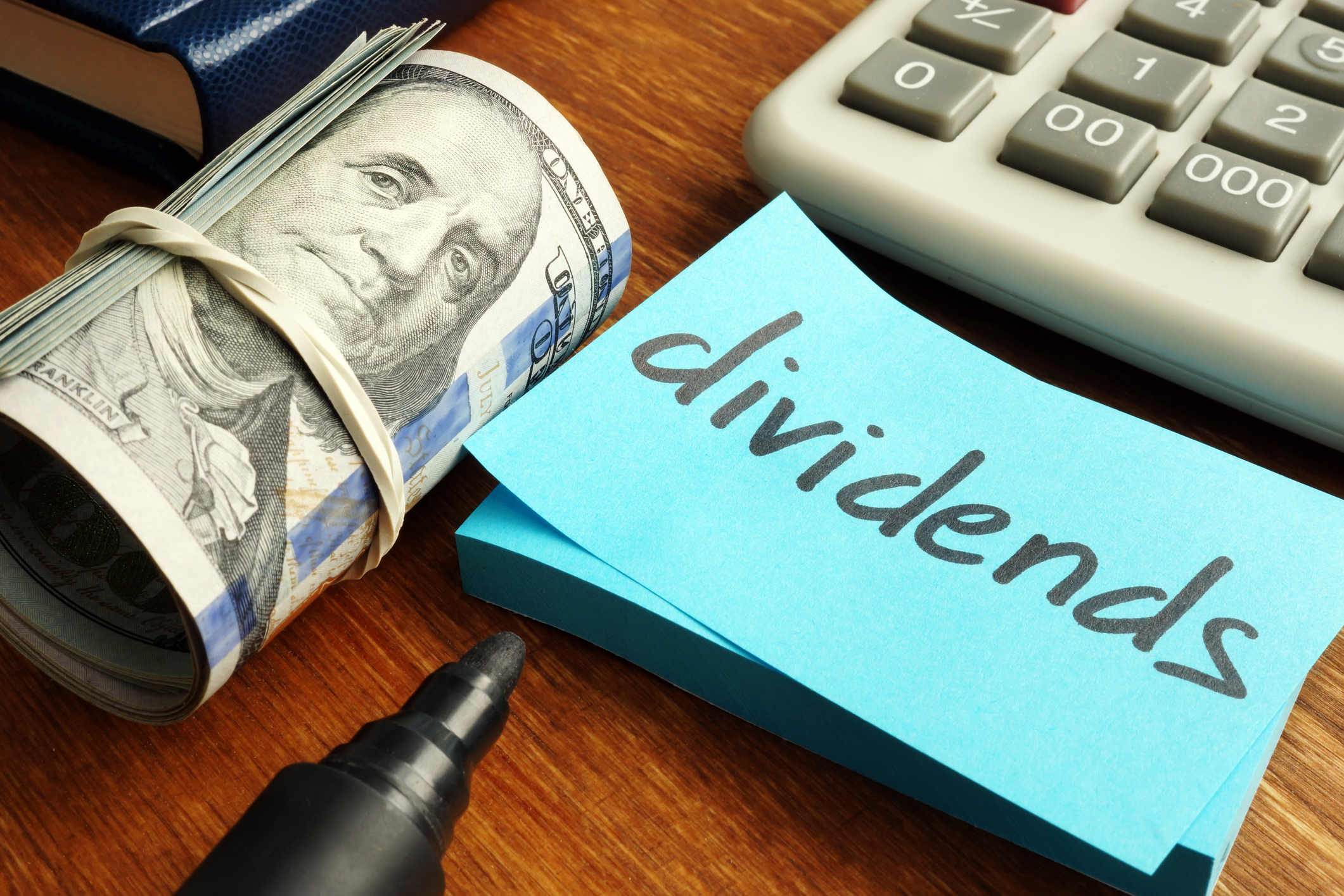A dealer is someone who has a business buying and selling securities for their own account. They’re a bit different from brokers who act as agents to make trades happen, or traders who buy and sell securities but don’t make it a full-time business. There’s a bit of crossover; some companies that are considered to be brokers are actually registered as broker-dealers, buying and selling securities for themselves, as well as for customers.

What is a dealer?
A dealer has a business that buys and sells securities. Unlike brokerages, dealers buy and sell securities for their own accounts; brokerages facilitate the purchase and sale of securities for customers. Not all dealers are brokers; many brokers are also dealers, handling sales and purchases for their own in-house accounts.
Dealers also differ from traders. A trader or retail investor – that is, an individual, like you – can buy or sell securities for his or her own account, but it’s not a full-time business (and if it is, then you need to register with the Securities and Exchange Commission).
Dealers are often market makers who hold securities in hopes of profiting from the difference between the bid-ask spread, or the difference between the price that buyers will pay and the price that sellers will take. The bid is a function of demand; the ask is a function of supply.
How do dealers affect markets?
Dealers traditionally have been viewed as a source of market liquidity by being prepared to buy or sell securities at any time. They operate through the over-the-counter (OTC) market, with securities being traded directly between individuals.
There are advantages and disadvantages to the dealer market. No third parties are involved, transactions are fast, brokerage fees are avoided, and dealers can react much more quickly to market fluctuations than other buyers and sellers.
On the downside, there’s no bidding, the choices of securities are relatively limited, it’s difficult to benefit from the market for small, part-time investors, and there’s also the possibility of market manipulation that skews securities prices.
It’s worth noting that one of the largest markets in the world – Nasdaq – is a dealer market, since it doesn’t have a trading floor. Instead, brokers purchase securities through a dealer rather than from each other. The New York Stock Exchange, on the other hand, is an auction market, which relies on specialists to match trades.
Dealers vs. brokers
Still confused? There are other differences between brokers and dealers that you need to know about. Brokers are required to help sellers; they generally earn a commission for their efforts. Dealers, on the other hand, are making decisions to help either themselves or their company by maximizing the value of each transaction. Both brokers and dealers are generally required to register with the Securities and Exchange Commission, any state authority, and be part of a self-regulatory organization, such as the Financial Industry Regulatory Authority (FINRA), the New York Stock Exchange, or the Chicago Board of Trade.
You should also be aware that FINRA listed 3,435 broker-dealer firms as of 2021. Individual dealers usually start as brokers, then branch out to run their own operation. Sometimes, however, they work both sides of the street as broker-dealers – making their own trades for a company’s benefit, as well as facilitating trades for the benefit of clients. The requirements for broker-dealers are basically the same as for brokers and dealers, with the additional requirement that the business has to become a member of the Securities Investor Protection Corporation.
Related investing topics
Dealer example
The dealer market generally focuses more on bond and foreign currency exchange markets rather than stocks. The idea behind the trading, however, is similar. A dealer starts by setting the bid price, or the highest price the dealer is prepared to offer for the security. The dealer also quotes the ask price, or the lowest price at which the dealer will sell the security.
Let’s say the dealer sets a bid price for 1,000 euros at $1.05 per euro. The dealer then sets an ask price of $1.07 per euro. Assuming the dealer is able to buy and sell the euros at the bid and ask prices, the profit is the bid-ask spread – in this case, $0.02 per euro, or $2,000.
Liquidity
Conventional wisdom says that dealers help the markets by providing liquidity. Not everyone agrees, though. A 2003 Massachusetts Institute of Technology study argued that dealers not only fail to provide the markets with liquidity, but they earn excessive returns that are driven by obtaining information, rather than by making markets. Investors should know the difference between brokers and dealers, and decide which role is best for their financial security.



